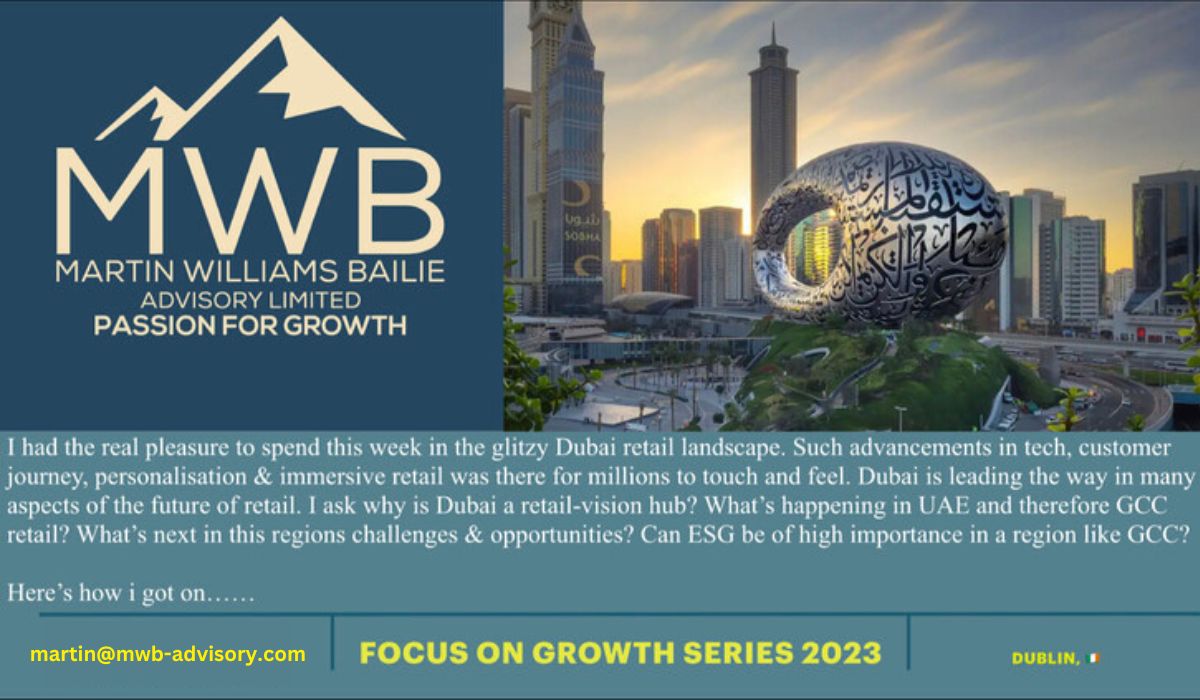
I had the real pleasure to spend this week in the glitzy Dubai retail landscape. Such advancements in tech, customer journey , omnipresent & immersive retail was evident for millions to touch and feel. Dubai is leading the way in many aspects of the future of retail. I ask why is Dubai a retail-vision hub? What’s happening in UAE and therefore GCC retail? What challenges & opportunities lie ahead? Can ESG be of high importance in a region like GCC?
Here’s how i got on…
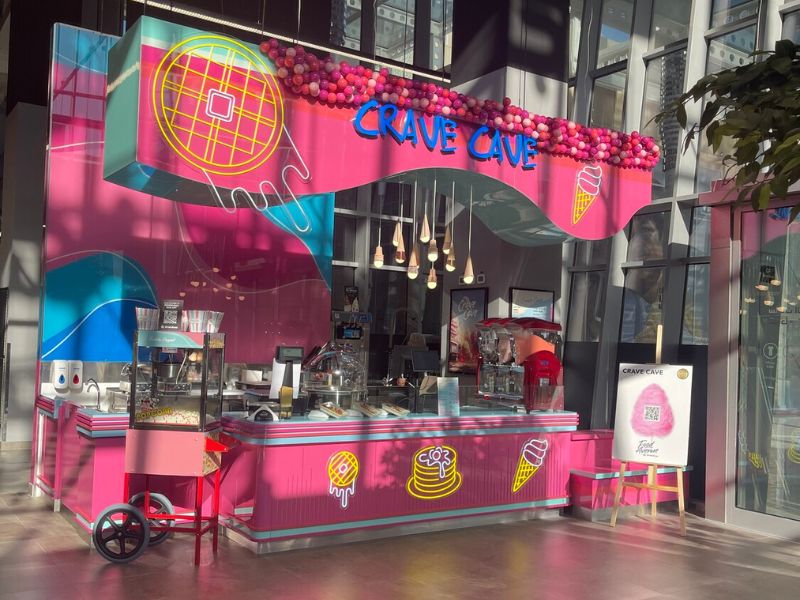
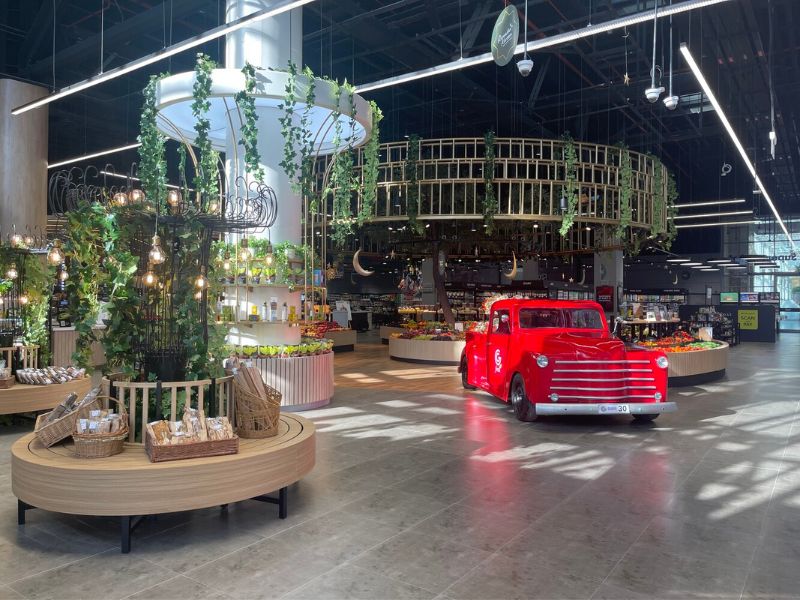
A special thank you to Grandiose Supermarket Grandiose, B1 Dubai, part of the Ghassan Aboud group, for a wonderful tour of the newest and most advanced customer experiential retail store in the Grandiose family. Looking forward to seeing this concept excel in the luxury retail market.
Dubai’s success in the retail industry can be attributed to a combination of visionary leadership, strategic location, large tourist market, and significant investments in infrastructure, which have created a highly competitive and innovative market that continues to drive growth and adoption of advanced technologies.
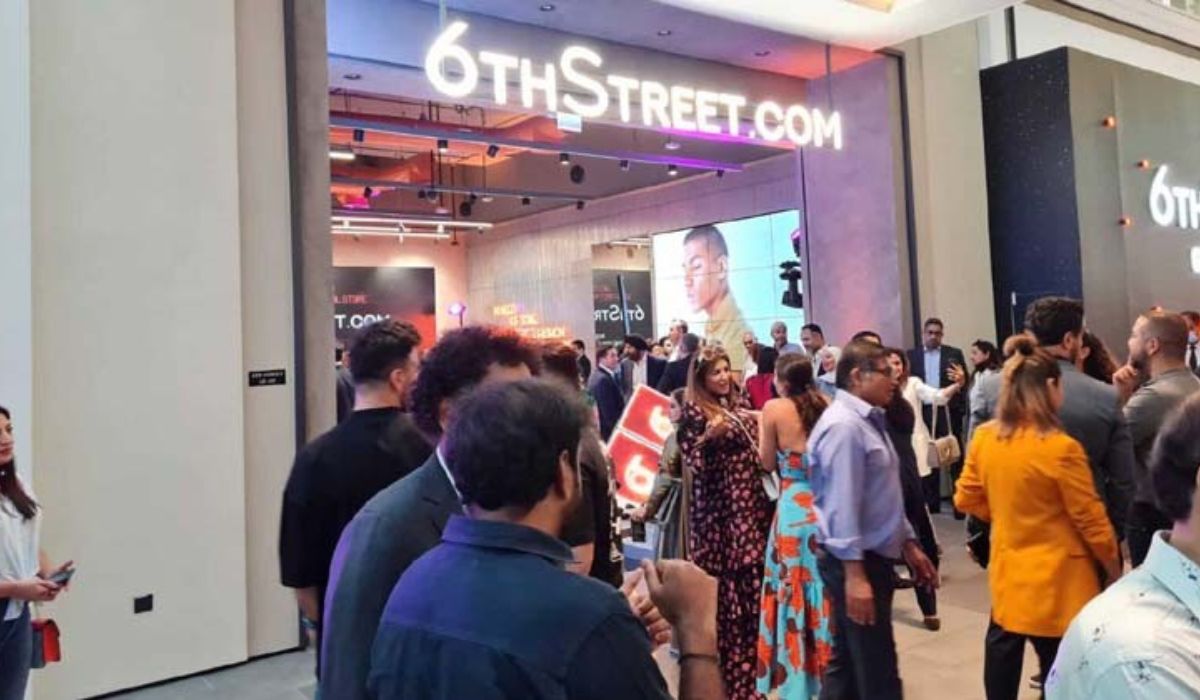
The size of the retail market in UAE was estimated to be around USD 56.6 billion in 2021, and it is projected to grow at a CAGR of around 4.5% from 2022 to 2027, reaching USD 70.5 billion by 2027.
(grocery USD 13.2 billion in 2021, and it is projected to grow at a CAGR of around 5.3% from 2022 to 2027, reaching USD 17.1 billion by 2027.)
Some of the major challenges facing the retail market in UAE include increasing competition from online retailers, ‘I witness hundreds and hundreds of home delivery bikers on the roads in Dubai’, changing consumer preferences towards online shopping, ‘ There are 9.20 million mobile internet users who spend 4 hours 18 minutes on the internet daily’ and changing consumer behaviour due to the COVID-19 pandemic. The rising cost of doing business, such as increasing rents and labour costs, is also a challenge for retailers in the region.
However, there are also several opportunities for growth in the retail market, such as the increasing popularity of e-commerce and online shopping, the growth of tourism in the region, the growing demand for organic and healthy food options, and the rise of innovative technologies like blockchain for improving food safety and traceability. Lets not forget the expansion of the retail market beyond traditional shopping destinations like Dubai, Kuwait, Riyadh and Abu Dhabi.
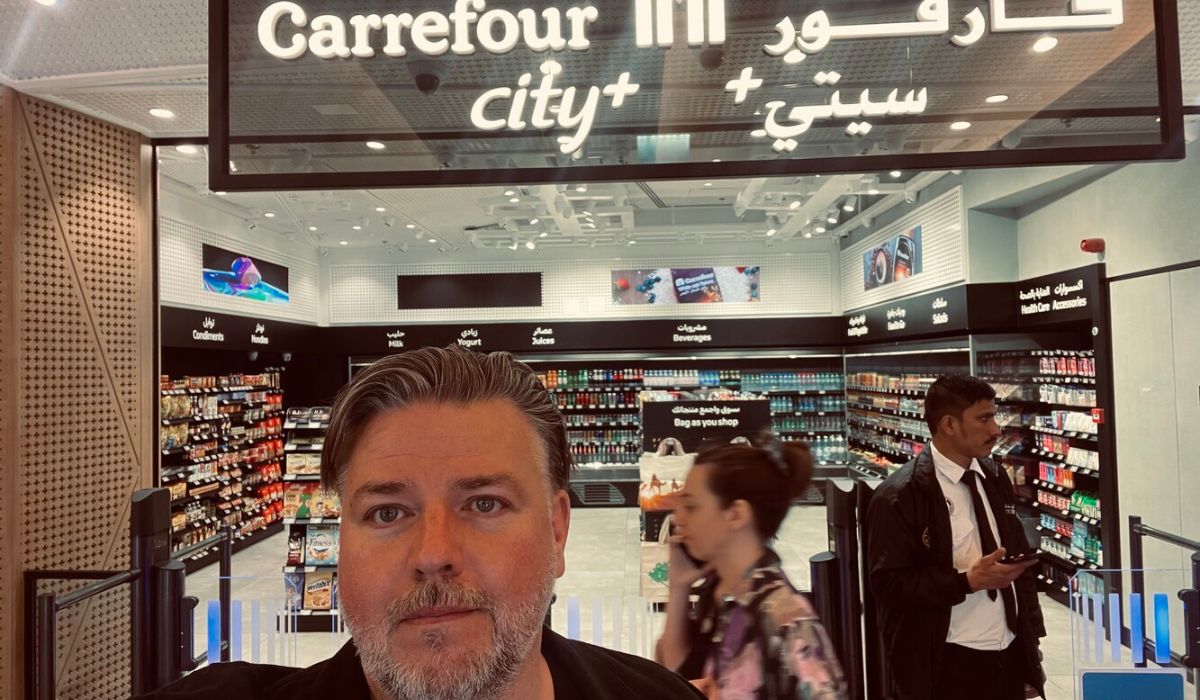
GCC is ‘probably the fastest-growing economic bloc in the world today’, says HSBC’s Vivek Ramachandran
UAE exports-imports on track to still grow at 4% in 2023, says HSBC’s trade chief
Over the next three years, the grocery market in UAE is likely to continue to evolve and adapt to changing consumer preferences and market dynamics. Retailers will need to focus on differentiating themselves through innovative offerings and providing a seamless and convenient shopping experience, both online and offline.
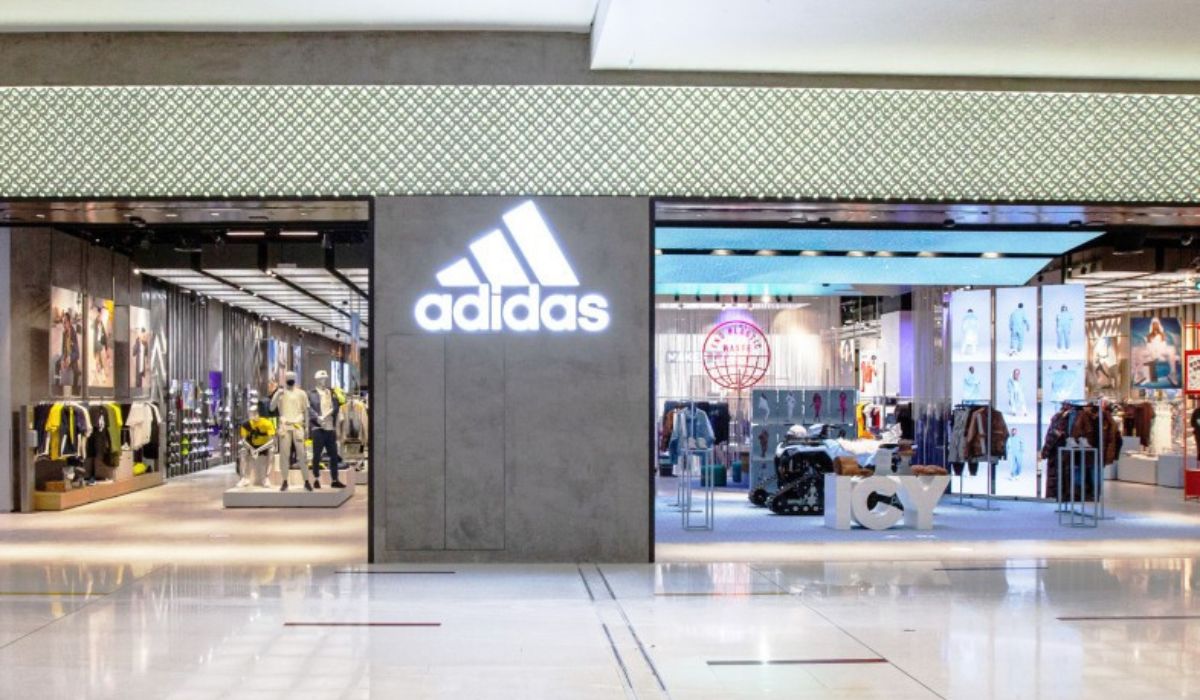
Immediate actions that GCC retailers should be taking:
- Conducting a digital readiness assessment to identify technology gaps and areas for improvement. It’s the digital race of this generation.
- Launching an omnipresence platform or partnering with an existing platform to provide a seamless customer experience.
- Developing sustainable packaging options or working with suppliers to reduce packaging waste.
- Providing employee training and development programs to enhance their skills and knowledge. The ‘great resignation, quiet leavers’ had a big impact in talent leaving the gulf over last 3 years but the ‘great attraction’ is well under way to entice top global talent back again!
- Conducting customer research to gain insights into their preferences and needs, and using this information to optimise product offerings and marketing strategies. My good friends in Nielsen and Kantar Middle East are very close to the retail movement in the Gulf and the ever changing consumer insights.
- Tackle ESG effectively, businesses in the GCC region can collaborate with other stakeholders such as government agencies, NGOs, and communities. They can also leverage technology and innovation to develop sustainable solutions and promote ESG best practices. Finally, businesses can ensure that ESG is integrated into their core business strategy and culture, and not just seen as a compliance requirement.
ESG (Environmental, Social, and Governance) factors have become increasingly important for businesses across the world, including in the GCC region. Here are some ways the regions can tackle ESG:
- Environmental: The GCC region faces significant environmental challenges, including climate change, air pollution, and water scarcity. To tackle these issues, businesses can adopt sustainable practices such as reducing greenhouse gas emissions, promoting renewable energy, and reducing waste. Companies can also invest in green technologies, products, and work towards reducing their carbon footprint. Additionally, businesses can support conservation efforts and promote environmental awareness in the community.
- Social: The GCC region is diverse, with different cultures and social norms. Companies can promote social responsibility by ensuring fair and ethical labour practices, promoting diversity and inclusion, and investing in community development. Businesses can also support social initiatives such as education, healthcare, and human rights.
- Governance: Strong governance practices are essential for businesses to operate ethically and transparently. Companies can promote good governance by ensuring fair and ethical business practices, complying with laws and regulations, and having effective corporate governance structures. Additionally, businesses can promote transparency and accountability by regularly reporting on their ESG performance.
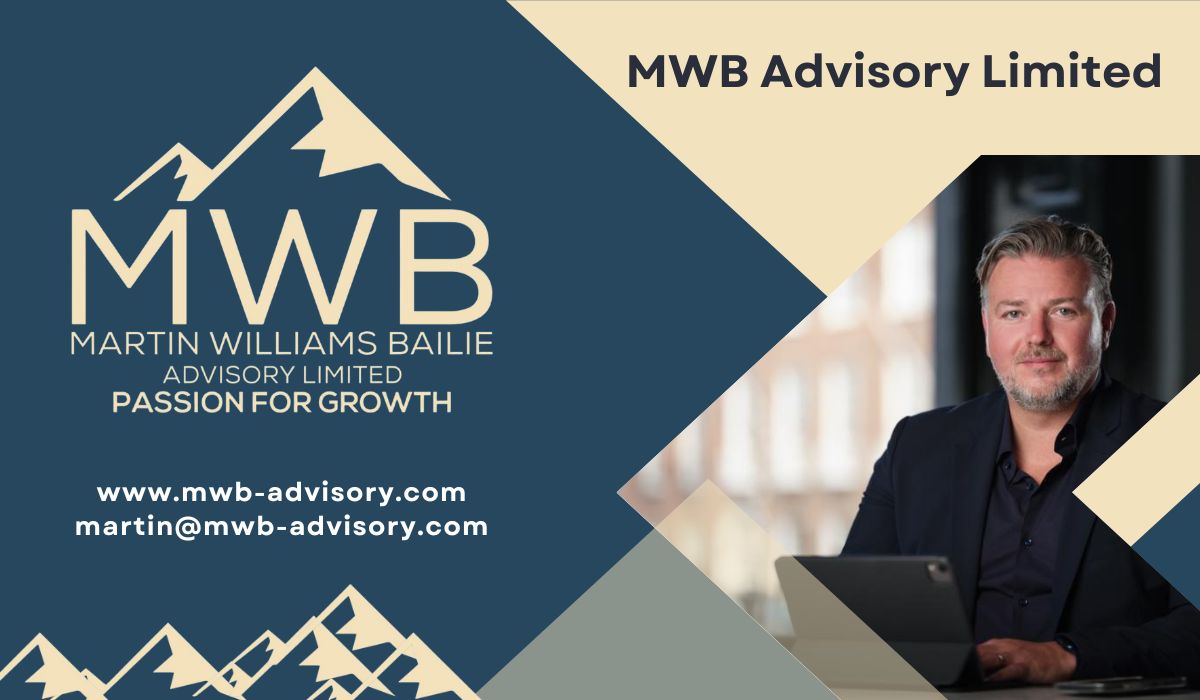
Was great to see retail at its best in innovation, relevance with a hint of future outlook to 2023.
For all our friends and colleagues during Ramadan,

